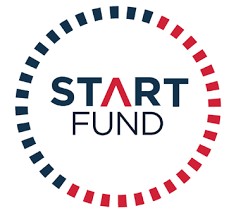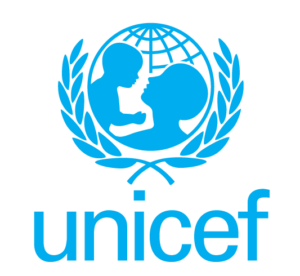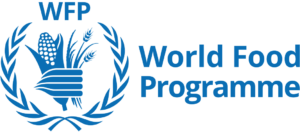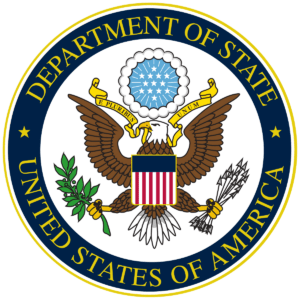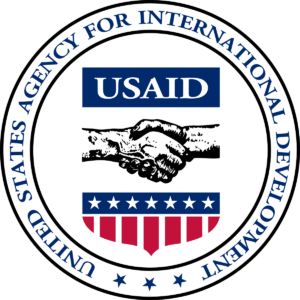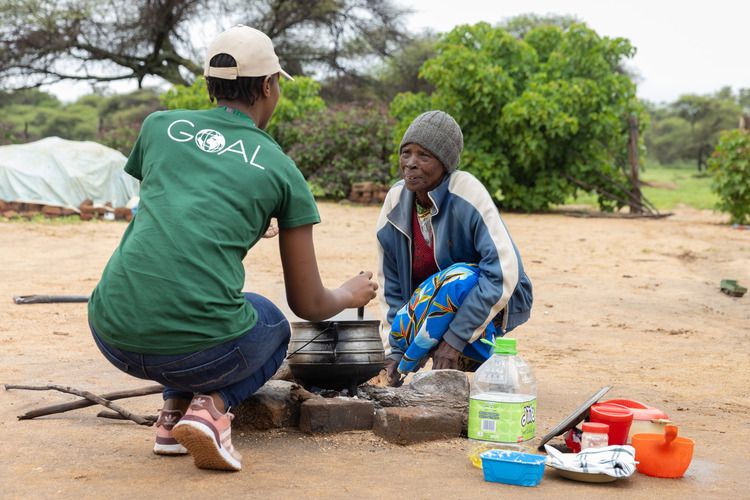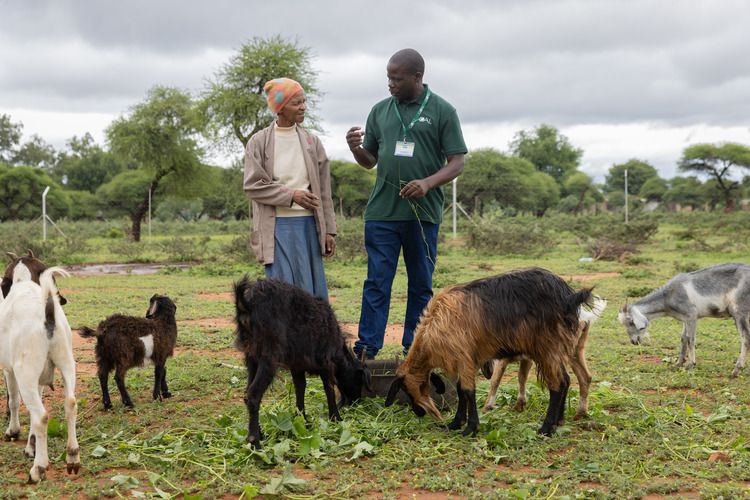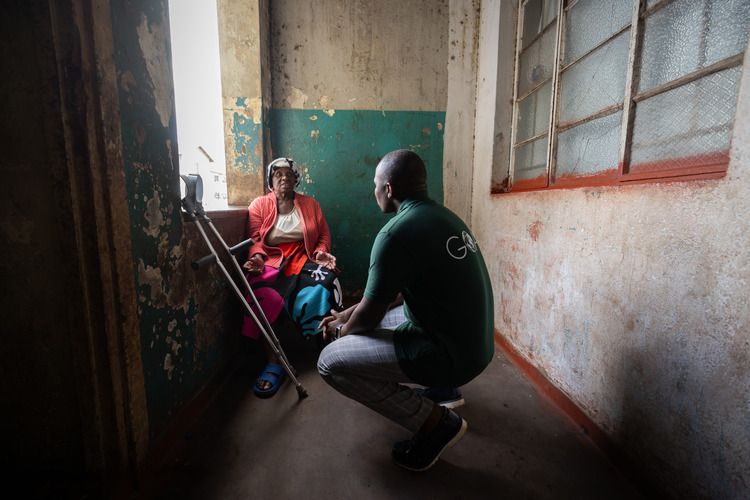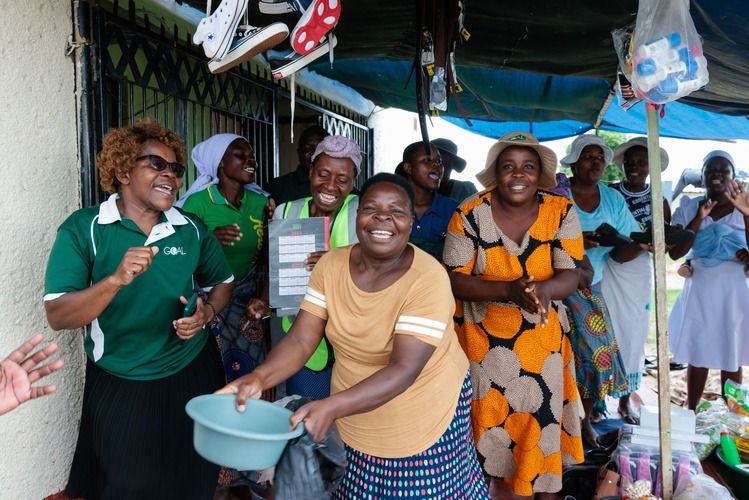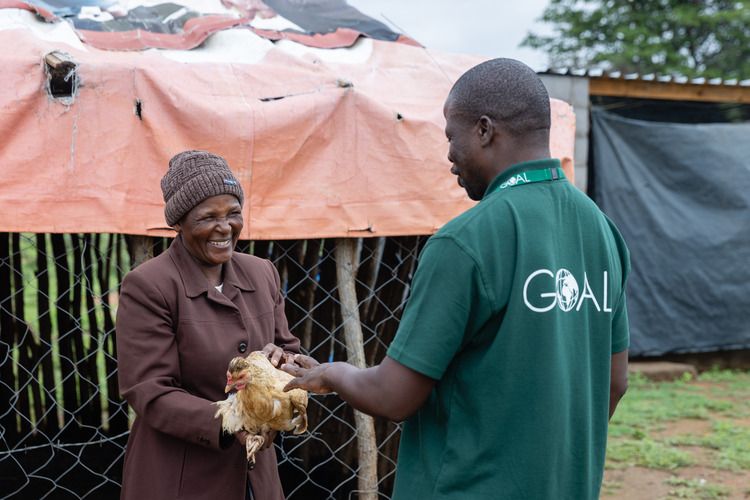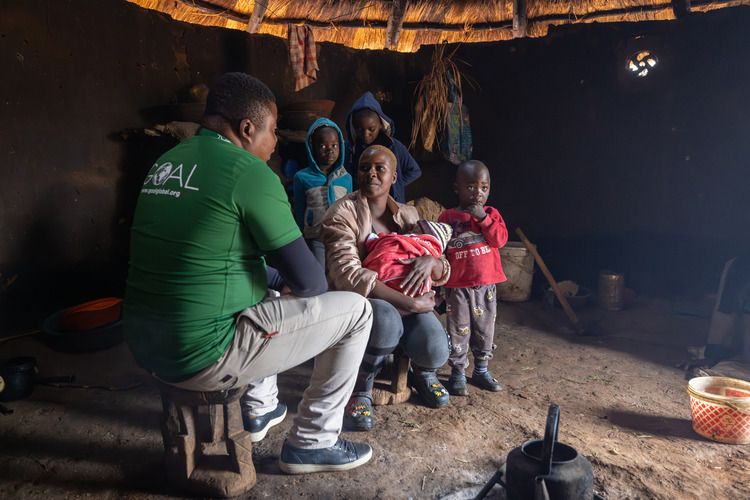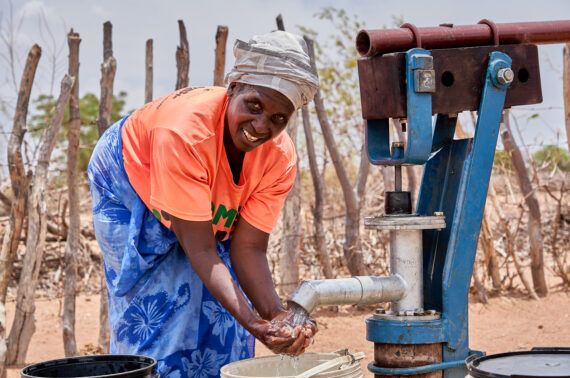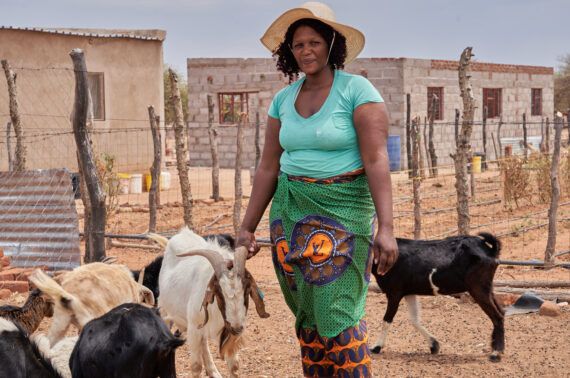GOAL has been working with vulnerable communities in Zimbabwe since 2002, when it first responded to the country’s food security crisis. Today GOAL operates with 60 staff members across the Harare Urban Region and in seven districts in Manicaland Province: Chipinge, Chimanimani, Mutare, Nyanga, Buhera, Makoni and Mutasa, as well as the Tongogara Refugee Camp.
In 2024, GOAL Zimbabwe has reached over 890,000 people with our programmes across in Food and Nutrition Security, WASH, protection, and emergency response. A core focus was gender-based violence (GBV) prevention, with the Gender Action Learning System (GALS) engaging men and boys as active allies. GOAL’s approach promotes resilience and sustainable livelihoods by improving health, nutrition, and WASH services, supporting displaced communities, and strengthening local value chains.
Key Achievements:
- In 2024, GOAL provided lifesaving support to over 42,000 people in response to acute emergencies.
- Over 465,000 people were reached with GOAL's protection and inclusion programming in 2024.
- GOAL team in Zimbabwe supported over 98,000 people with food and nutrition security.
- GOAL in Zimbabwe reached over 55,000 people with Water, Sanitation, and hygiene (WASH) interventions last year.
Our story in numbers
2002
GOAL Zimbabwe begins
€4.4M
Programme expenditure in 2024
42
Staff in eight district areas
900,000
People reached in 2024
Photo Gallery
Stories from Zimbabwe
Our work in Zimbabwe is supported by:

